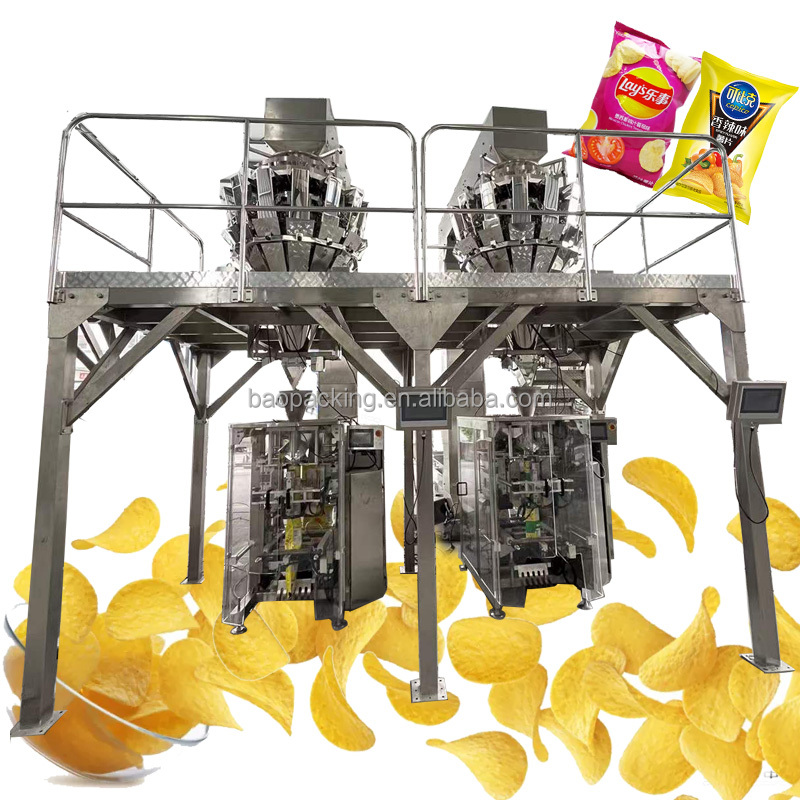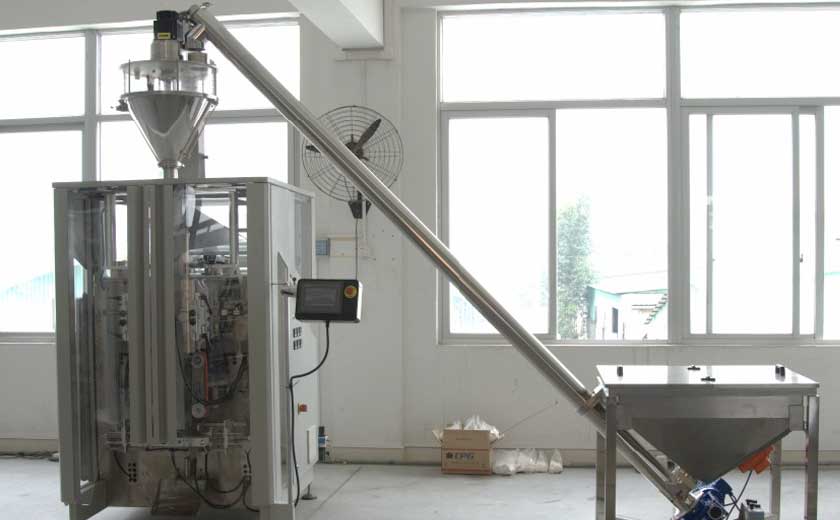Revolutionizing Packaging: Embracing Sustainability in a Modern World
Revolutionizing Packaging: Embracing Sustainability in a Modern World
In today’s global marketplace, the role of packaging has evolved beyond mere protection of goods to becoming a symbol of environmental responsibility and innovation. With consumers increasingly demanding sustainable solutions, the packaging industry is undergoing a transformation, embracing new technologies and practices to reduce waste and carbon footprint.
One of the key drivers in this shift towards eco-friendly packaging is the growing awareness of environmental issues and the impact of traditional packaging materials on the planet. Plastics, once hailed for their convenience, are now being phased out in favor of biodegradable materials like plant-based plastics, compostable packaging, and recyclable alternatives.
Biodegradable packaging, made from renewable resources like cornstarch, sugarcane, or bamboo, offers a promising solution to the problem of plastic pollution. These materials break down naturally over time, reducing the burden on landfills and oceans. Companies are increasingly investing in research and development to create innovative biodegradable packaging options that are both practical and sustainable.
Compostable packaging, another eco-friendly alternative, is designed to decompose quickly under the right conditions, turning into nutrient-rich soil instead of contributing to waste. This closed-loop system not only minimizes environmental impact but also supports the circular economy, where resources are reused and recycled to create a more sustainable future.
While biodegradable and compostable packaging solutions play a crucial role in reducing waste, recyclable packaging is also gaining momentum as a sustainable option. From paper-based packaging to glass and metal containers, recyclable materials can be processed and reused multiple times, conserving resources and reducing energy consumption.
Advancements in technology have further revolutionized the packaging industry, enabling the development of smart packaging solutions that enhance product safety, quality, and traceability. Intelligent packaging systems equipped with sensors and RFID tags can monitor conditions like temperature, humidity, and freshness in real-time, ensuring product integrity throughout the supply chain.
RFID technology, in particular, has transformed inventory management and tracking, allowing companies to streamline operations, prevent losses, and improve efficiency. By integrating RFID tags into packaging, businesses can monitor stock levels, prevent counterfeiting, and provide personalized customer experiences through interactive packaging designs.
As the demand for sustainable packaging grows, collaboration across industries and stakeholders is essential to drive meaningful change. From packaging designers and manufacturers to retailers and consumers, everyone plays a role in embracing eco-conscious practices and supporting the transition to a circular economy.
-
Overview of Packaging Machine Buying Guides
08-01-2024 -
How Does a Vertical Form Fill Seal Machine Work?
30-10-2023 -
Advancements in Auger Powder Filling Technology
27-10-2023 -
A Deep Dive into Automatic Packaging Machines
26-10-2023 -
The Revolutionary Fully Automatic Potato Chips Packaging Machine
20-09-2023 -
How to choose the right packaging machine?
23-08-2023 -
Reducing Waste And Maximizing Yield With Multihead Weigher Machines
15-03-2023 -
Nuts Packaging Machine for Dry Products Perservation
26-11-2022 -
Is Automated Biscuit Packaging Machine Better Than Manual Opeartion?
25-11-2022













